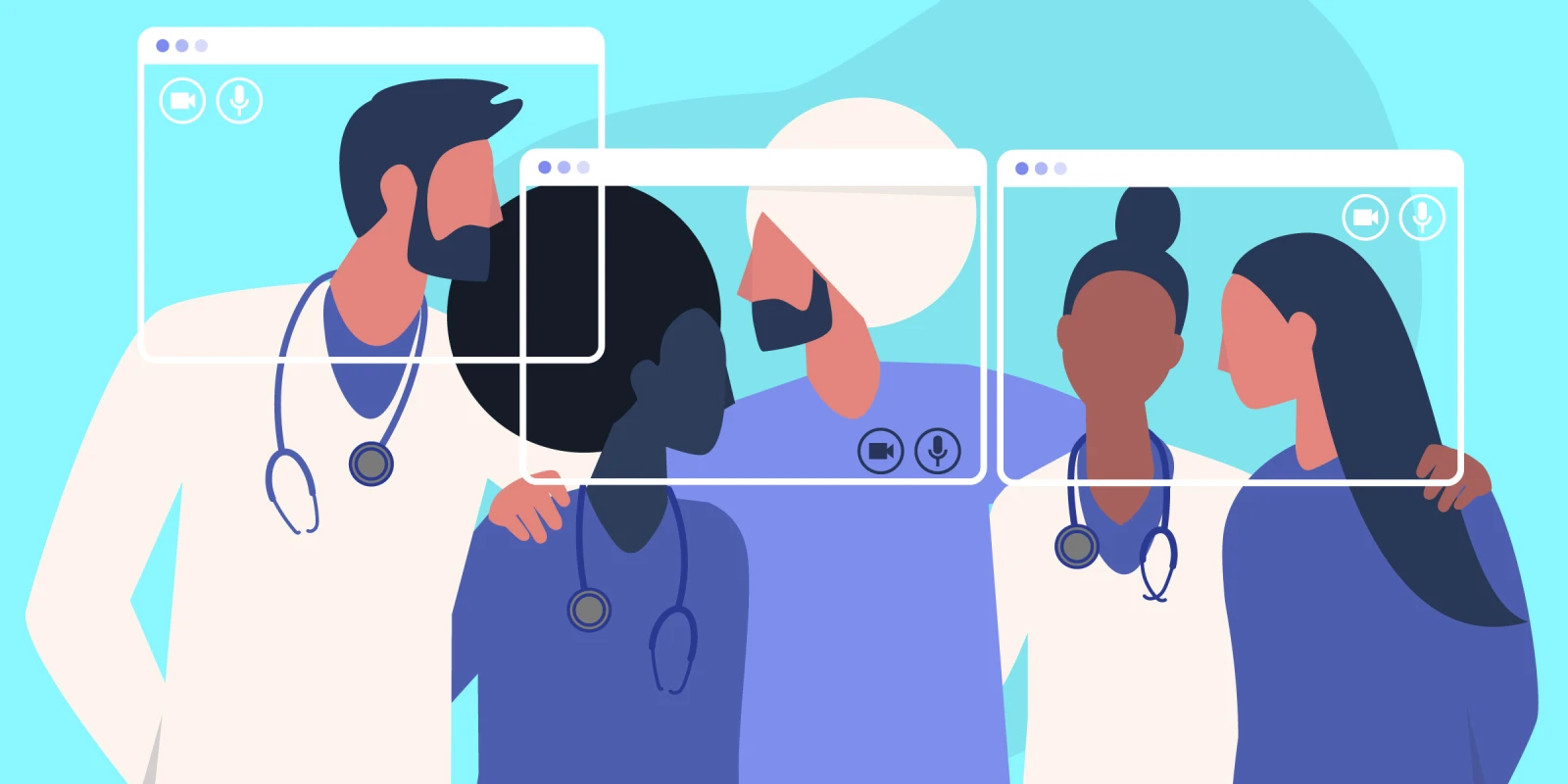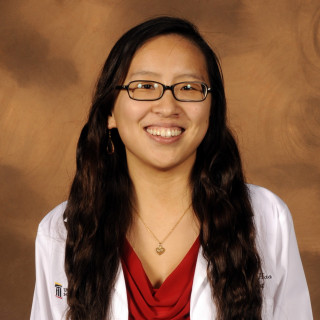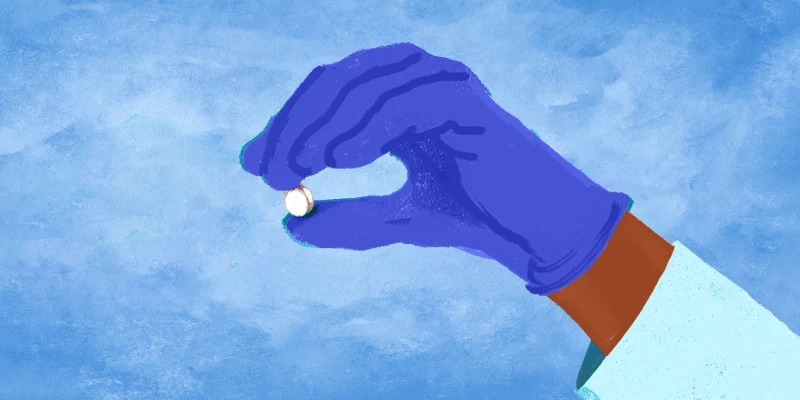I told every medical student who interviewed at my program over the last two years: “I can call any of my fellow residents at any time for help. They are my work family.” And I truly meant it. We actively send people home and cover calls when an individual feels unwell or has a personal emergency. We ask after each other’s wellbeing and try to plan extra days off in the schedule whenever possible. We share childcare and pet care duties when plans fall apart. We have an unofficial table in the cafeteria that everyone can visit and, no matter the time of day, can expect to find a lunch or snack buddy.
Things are certainly different now. When elective surgeries were canceled and businesses shut down in our state, our surgery department shifted gears. All conferences were either canceled or moved online. Plans and backup plans and more backup plans were made for every level of COVID-19 patient volume imaginable. Attending physicians took week-on/week-off schedules to minimize in-hospital personnel. Fellows did the same. Services were either downsized or merged in order to minimize resident coverage. But there were not enough residents to go week-on/week-off. Instead, we traded days in and out when we could; it ultimately amounted to about eight days on, four days off, with stretches of four-night calls mixed in.
Though the number of off days in a month far outstripped any pre-COVID schedule, they didn't feel like days of rest. They were days of worry, anxiety, fear, confusion. Every time I switched back into “on mode” at the hospital, it seemed I was covering a different service and a new roster of patients. I felt I could claim no ownership of the patients, and worried that their care was as disjointed as our schedule. When the attending physicians took advantage of their free time to be with their families or make progress on their research projects, I could do neither. I couldn’t go home and risk bringing infection to my immunosuppressed mother, and I couldn’t find the focus to work on research at home when I had always been most productive at a library or student center — places now closed to the public.
Of course, this story is not unique. Despair is everywhere on the media: videos of heartbroken parents coming home and having to refuse their children’s hugs, devastating stories of patients dying alone, and pleas for PPE and universal compliance to hasten the end of the epidemic. Many of my co-residents felt isolated. Pre-COVID, we could rely on seeing each other's faces when we gathered for protected educational time three days a week. If we finished early on Friday mornings, sometimes we made social plans (a celebration for the September birthdays, a residency-wide Halloween candy fest, a game plan for Thanksgiving), and other times we devolved into small groups to catch up on one another’s personal lives.
In this regard, the virtual conference adaptation continues to disappoint. On Zoom or Webex conference calls, only one person can speak at a time. Virtual national meetings have relegated the ability to network into small sidebar chat boxes and chat rooms. There is no space for a side conversation, an impassioned debate, or the opportunity to break into small groups without additional software support. When our new interns started, very few of our current residents actually knew who they were, beyond names, pictures, and disembodied voices on the conference calls. The resident family community that I’d so happily espoused in prior years was falling apart.
But a new year also brings new energy and new opportunities. This year, our program reinvigorated our simulation curriculum. At the very first session, although the tasks were split into very small groups at tables spread far and wide down a hallway, we saw everybody's (masked) faces again. I sat down across from a junior resident to guide him through making an incision and closing the sim wound in layers. Our nearest neighbors were well within earshot and we teased and joked about our mutual inability to stitch the felt fabric in the absence of retractors and adequate OR lighting.
Far from the passive, isolated listening of an online lecture, I could feel the palpable energy of the physical space. I could react spontaneously and naturally. I was actively doing something productive, being part of the education of our junior residents, and learning how to be a better guide myself.
After the simulation lab, we had to do the remainder of our resident administrative tasks on a Webex, but we sorted ourselves into small groups to share screens. Even on the non-lab conference days, similar messages cropped up in the chat box. “Amy and Chen are with me.” “ACS team here: Lisa, Imani, Joey.” Although ostensibly for attendance tracking, it became clear that where feasible, people were sticking together to watch the conference in a shared space on a shared screen. Sometimes, the groups were borne of convenience — when teams finished rounding, they simply stayed together. Other times, the groups were byproducts of class or friend groups. Although we were denied big group gatherings, we were still choosing to share a physical space when possible, even if the activity was only listening quietly.
Interview season is approaching again, and I would still say the same things about my resident family. We still come together, albeit in smaller formations, for conferences, for lunch breaks, for a good cry over a bottle of wine. We still choose to be there for each other. COVID-19 challenged our bonds, and we are stronger for it.
Scarlett Hao is a PGY-4 resident in general surgery at East Carolina University / Vidant Medical Center. She graduated from University of Maryland School of Medicine. She is pursuing a career in academic medicine and surgical oncology. Scarlett is a 2020–2021 Doximity Op-Med Fellow.
Click here to see more perspectives on COVID-19 from the Doximity network.
Click here for up-to-date news about COVID-19 on Doximity.




